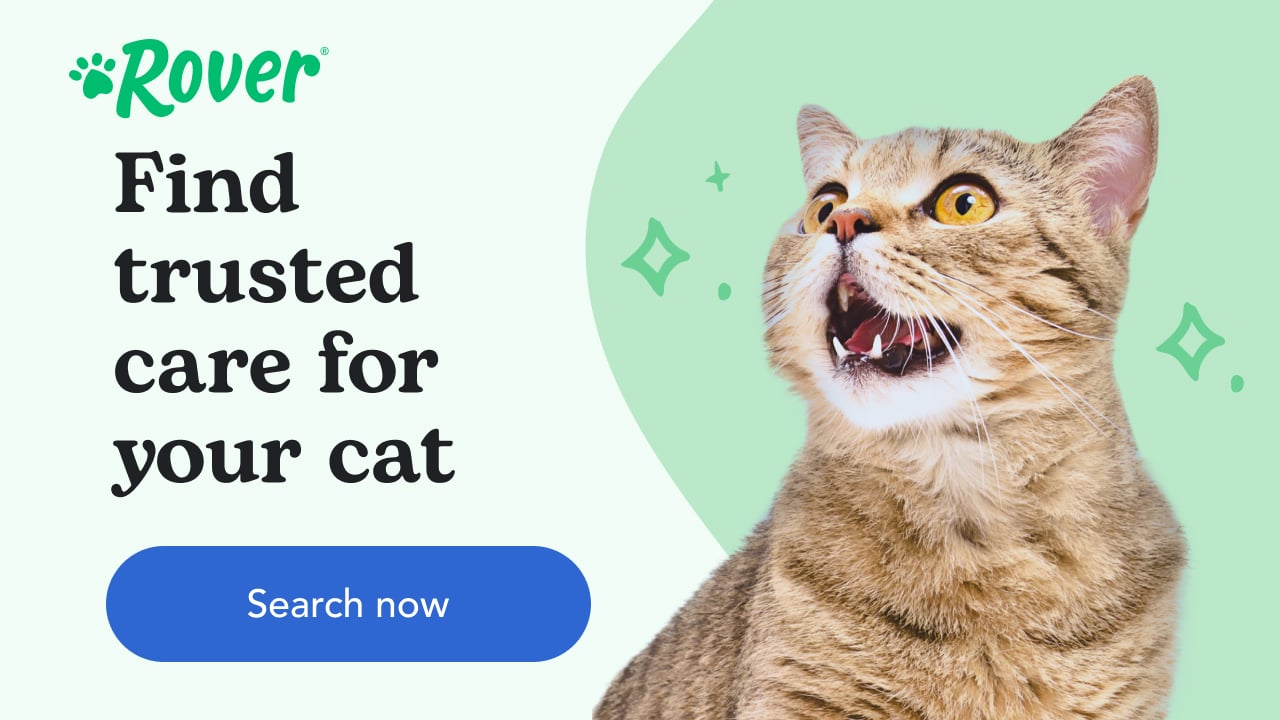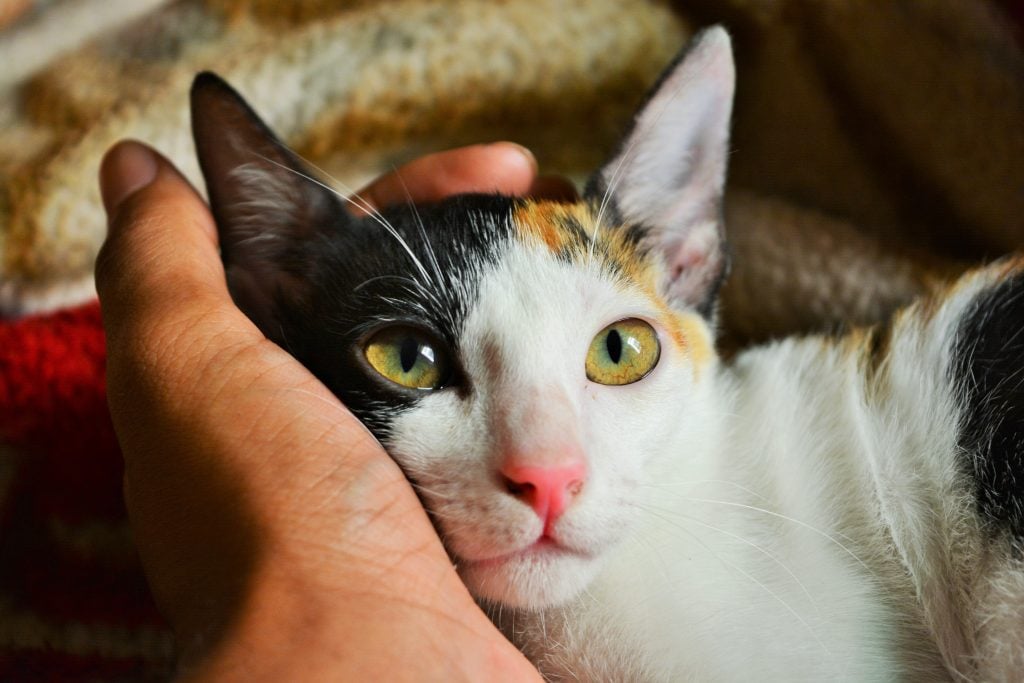Cats can be very selective. Some are affectionate with their owners and their animal housemates, but other humans have to spend months winning their trust. Others instantly make friends with everyone they meet!
More than dogs, cats tend to be picky about human companionship. If you’ve ever befriended a selective cat, you understand how special it can feel to be their chosen favourite. Have you ever wondered how and why someone becomes a cat’s favourite person? Here’s the story behind their preferential behaviour.
A brief history of cats and people
Cats and humans have been connected for many millennia. Scientists believe people started taming wild cats up to 12,000 years ago in the Fertile Crescent, where people first invented agriculture and stored surplus grains. Grain stores meant mice, and who loves mice? You guessed it: cats. Wild cats suddenly had easy access to prey and moved in closer to humans. At the same time, people started keeping and taming cats. The domestication of cats had begun.
These days, it’s widely accepted that cats domesticated themselves. They learned that people were an excellent source of food, so they decided to stick close by. Of course, that’s a very abbreviated version of a more complex process. But the trend of cats as a species choosing humans as a food source relates to why individual cats choose individual humans to love. The motivation is very similar: cats choose their favourite person based on a combination of circumstances, resources, and personality.
Early bonding helps
When kittens are very young, between four and nine weeks of age, they don’t perceive fear the way adult cats do. During that early socialisation period, regular handling and exposure to different types of sounds and smells can help kittens grow into well-adjusted, human-bonded cats. In addition, when kittens are old enough to be removed from their mother, they rely on the new safest figure in their life—you—to be their trusted caregiver. So cats who have been with their owner since kittenhood tend to bond closely to their favourite people.
But it’s not a perfect science. For one thing, kittens who are exposed to a wide variety of people may grow up to be comfortable around humans but a bit aloof because they haven’t bonded to one person in particular. And kittens who only spend time with one human can be loving and trusting with that person, but fearful of others. Personality comes into play, too—what you see in a kitten is not always what you get when they’re an adult cat.
Early bonding is just one way cats choose their favourite people, but it is far from the only way to bond with a cat. Just ask anybody who’s adopted a loving adult cat.
Communication with your cat is key
Whether you meet your cat when they’re an adult or kitten, you have to learn how to communicate with them effectively and anticipate their needs. John Bradshaw, a cat behaviour expert and author of the book Cat Sense, explains: “cats demonstrate great flexibility in how they communicate with us.” From meowing to head-butting, cats “talk” to their people in different ways depending on the situation.
The best cat-human relationships are ones in which the human adapts to the cat’s preferred style of communication. That communication style may not include physical touch—being a cat’s favourite person doesn’t necessarily mean they want you to stroke them. A cat’s favourite person may be the one who makes them feel comfortable and safe just by being in the same room with them.
Over time, you and your cat will learn how to best communicate with each other. In fact, Bradshaw says that some cats and their people develop a unique vocabulary “that they both understand but is not shared by other cats or [people].” If you’re the one person in the family who knows the difference between your cat’s “good morning” meow and their “feed me now” meow, then you might be their favourite.
Personality matters

Pixabay
Anyone with multiple cats can tell you: every cat is unique. And their preferences can depend on several different factors, from early socialisation to breed type to plain old personality quirks. The best human-cat relationships are ones where the human recognises the cat’s uniqueness and cares for them accordingly.
In other words, you can’t always tell why a cat likes one person more than another. The best you can do is take care of your cat, learn to communicate with them through attention and affection, and watch for signs that they’re happy and comfortable with you. If you’re the person they choose to spend the most time with, then chances are, you’re their favourite.
How to become a cat’s favourite person
If you just adopted a cat, or are trying to win over a loved one’s kitty, here are some tips:
- Feed them. Cats respond to nourishment and safety, so being the one who provides food can win favour.
- Play with them. Playtime combines attention and exercise, creating feel-good hormones and boosting the connection between you and your cat. Plus, once they’re tired from playing, they’ll be more likely to settle down for a snuggle.
- Positive reinforcement. When your cat does something nice, give them a treat or gentle pets. And when they need alone time, give them some space. Both attention and space can reinforce your relationship.
Bonding occurs naturally between cats and the people who treat them well. So if you take good care of your kitty, keep them nourished and safe, and respect their unique personality, you will not only be an excellent cat owner, you’ll also likely become their favourite person.
Interested in knowing how dogs choose their favourite person? Check out our article on the subject here.




